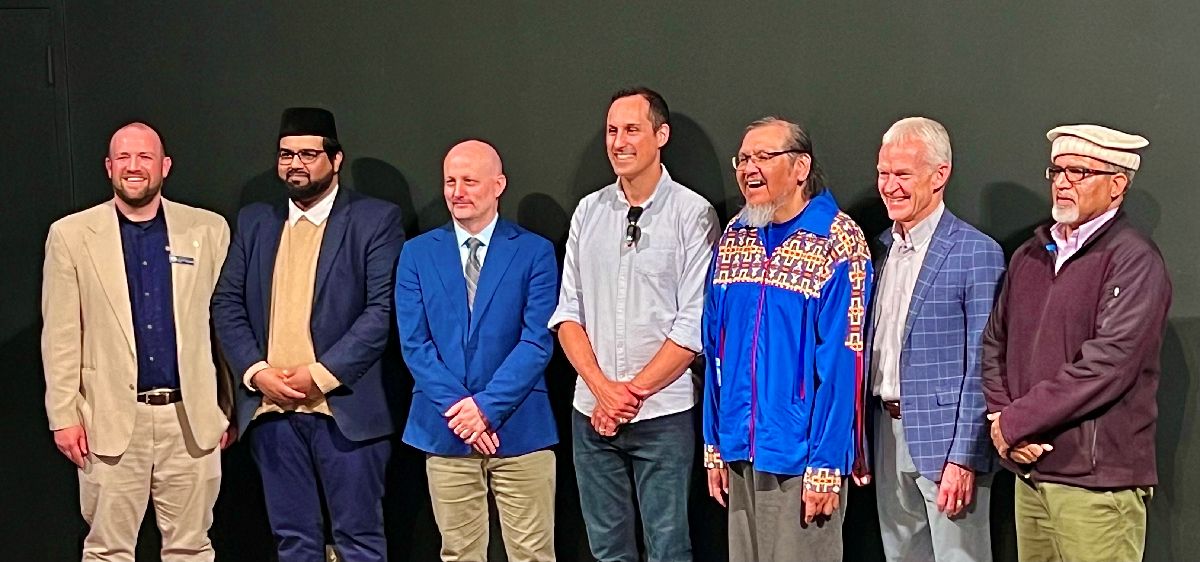Building a Case For Working Less and Producing More
Cal Newport’s recent book, Slow Productivity, builds a great case for showing how working less can lead to greater productivity and accomplishment. However, it isn’t about just working less and or discarding your work ethic. It’s about working with greater focus and deliberate action. In short:
- Focus on fewer things at once. By reducing the number of current tasks and commitments, you can actually complete more meaningful work over time. This allows you to give full attention to important projects rather than constantly context-switching.
- Emphasize quality over quantity. Newport advocates for “obsessing over quality” rather than just getting things done. By slowing down and focusing on craft, you can produce higher quality work with more impact.
- Work at a more natural, sustainable pace. Newport critiques the “unsustainable pace of modern work expectations” and suggests varying your work intensity over time rather than constantly pushing yourself. This helps avoid burnout in the long run.
- Measure productivity over longer timescales. Instead of trying to be productive every day, Newport recommends looking at accomplishments over months or years. This allows for periods of deep focus as well as necessary downtime.
- Reduce “pseudo-productivity” activities. Much of what fills our workdays – constant emails, meetings, and digital distractions – isn’t meaningful or impactful work. Saying no or having clear boundaries allows you to work less and accomplish more.
- Create space for deep thinking and creativity. Historical figures like Isaac Newton and Marie Curie made groundbreaking discoveries during periods of reduced activity. Periods of rest can lead to major breakthroughs.
- Build a “craftsman” mindset. By caring about the quality and impact of your work, rather than just visible busyness, you can produce more meaningful results with less frantic activity.
Newport’s “slow productivity” philosophy suggests that strategically working less – by focusing on fewer, higher-quality tasks and allowing for a more natural work rhythm – can lead to greater long-term accomplishment, reduced burnout, and greater meaning and fulfillment. The key is to be intentional about where you direct your energy and to prioritize depth over shallow busyness.






